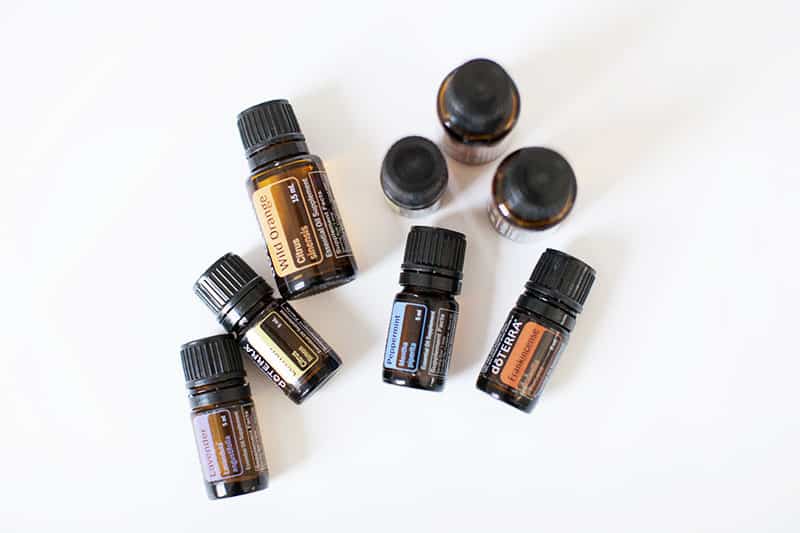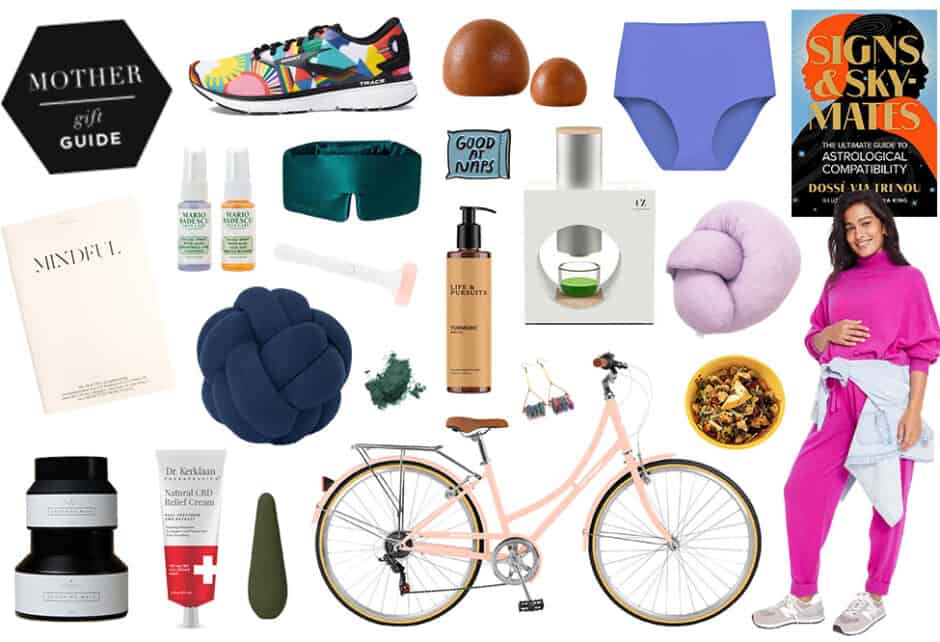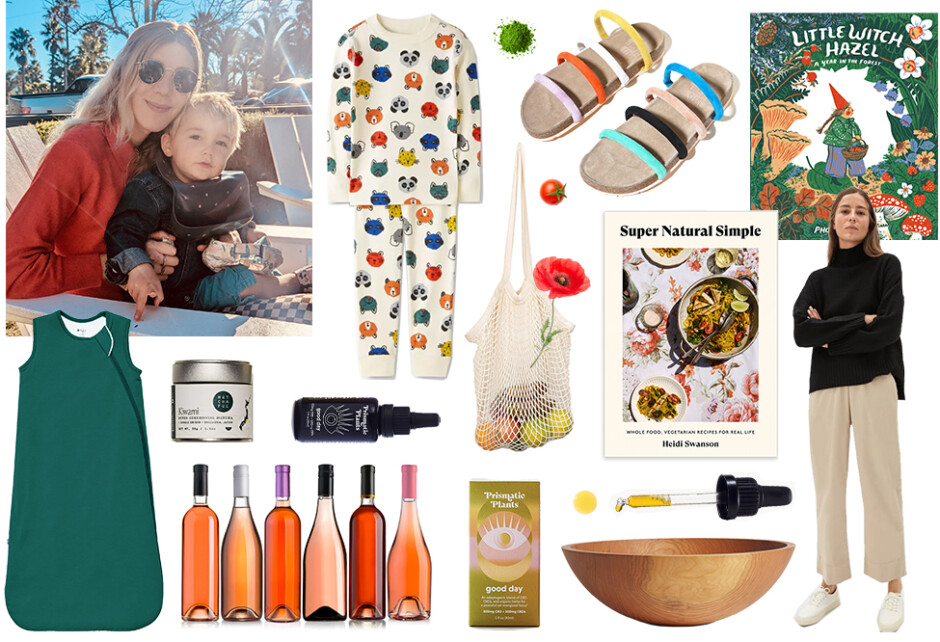
Essential Oils 101: A Quick Guide To Get You Started
Written by Mindy White
Photography by Photography by James Kicinski-McCoy
If you have a Pinterest, Facebook, or—let’s be real—ears or eyes, there’s a good chance you’ve heard of essential oils. They are all the buzz right now. But with the hype comes a lot of questions: What are their uses? What are the basic oils to start out with? How do I use them? Not to worry, we’ve gathered this information for you, as well as a list of the top 10 most basic oils for beginners and a few of their common uses (there are hundreds)!
First and foremost, the most important thing to know is that quality is key. Research each brand before purchasing—you get what you pay for. For health benefits, the oils must be of the highest therapeutic grade. Most brands sold in stores are strictly for aroma and not safe for use on the body. Also, some oils must be diluted before applying to the skin using a carrier oil such as coconut or almond, since they are pure and can irritate the skin. As for essential oil uses, the list is endless. Oils can be used to relieve a headache, combat a cold, fight bacteria, calm anxiety, sanitize the home, and diminish aches and pains. True essential oils are safe for use on children and even pets! Here are 10 good oils to get you started:
Lavender: Lavender is anti-bacterial and anti-viral. Use for insomnia, anxiety, stress, acne, sunburns, rashes, bruises, bug bites, and to minimize scarring. It’s also good for calming and relaxation. A great one to use with the kids!
Peppermint: Use for indigestion, nausea, headaches, migraines, congestion, fever, bug bites, arthritis, to increase energy, hiccups, and as a natural antiseptic. Peppermint is strong and is one that needs to be mixed with a carrier oil to prevent irritation.
Frankincense: This incredible oil is anti-viral and an antidepressant. Use for dementia, depression, wrinkles, scars, sinus infections, asthma, the digestive system, urinary problems, stress, and skin issues.
Tea Tree: Tea tree oil is anti-bacterial, anti-fungal, anti-inflammitory, anti-parasetic, and an insecticide. Use for scrapes, burns, cuts, sores, fungal infections, chickenpox, and bug bites.
Chamomile: This popular oil is an anti-inflammitory, it’s calming and a sedative. Use for ear infections, eczema, allergies, acne, skin conditions, anemia, and hormonal problems.
Orange: Use for colds, flu, digestion, PMS, fever, chills, gingivitis, constipation, nervousness, insomnia, diarrhea, muscle spasms, menopause, a gunk remover, and for cleaning the house.
Lemon: Lemon oil is a natural air disinfectant. Use for digestion, respiratory issues, allergies, coughing, cold sores, runny nose, to purify the home, remove permanent marker, or for an energy boost.
Eucalyptus: Eucalyptus is an antiseptic. Use it for asthma, dandruff, sore throat, fever, colds, muscle pains, arthritis, injuries, and laryngitis.
Ginger: Use for nausea, morning sickness, PMS, gas, colds, congestion, bruises, sores, muscular pains, fatigue, sinus infections, and to sharpen senses.
Clary Sage: Clary Sage is great for menopause, PMS, infections, itching, exhaustion, sore throat, anxiety, hair loss, acne, nightmares, and to promote healthy sleep habits.
Oils can be applied many places for different uses. For instance, applying peppermint oil to your temples can calm a headache, while applying lavender to wrists before bed can help battle insomnia. They’re also beneficial when inhaled, massaged into the skin, used around the home, and even consumed (make sure that your oils state that they are safe for consumption)! For more information on where and how to apply essential oils, check out Sustainable Baby Steps and Beyond Essential.
We also suggest getting an oil room diffuser to help combat colds, flu, asthma, allergies, and insomnia.
Share this story




